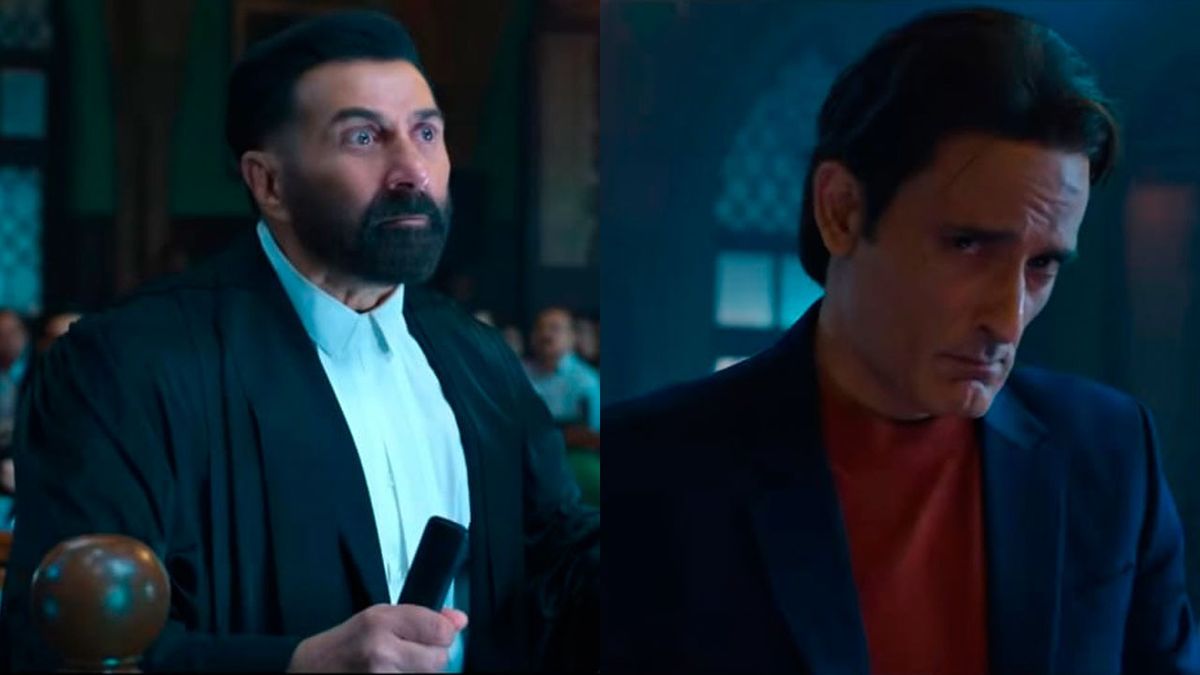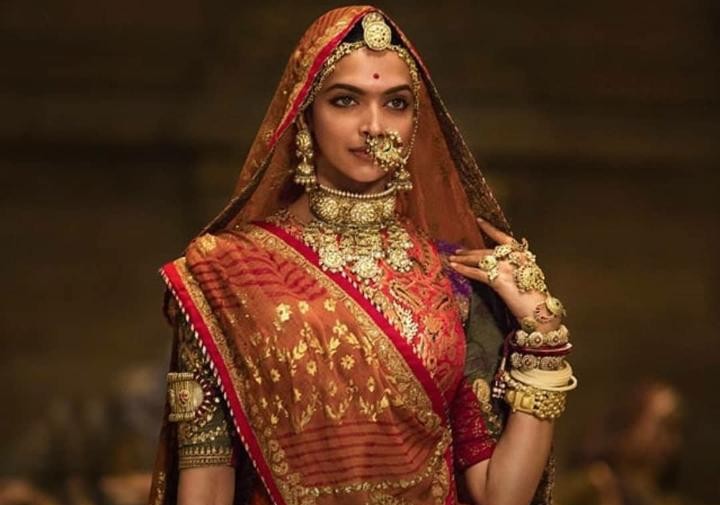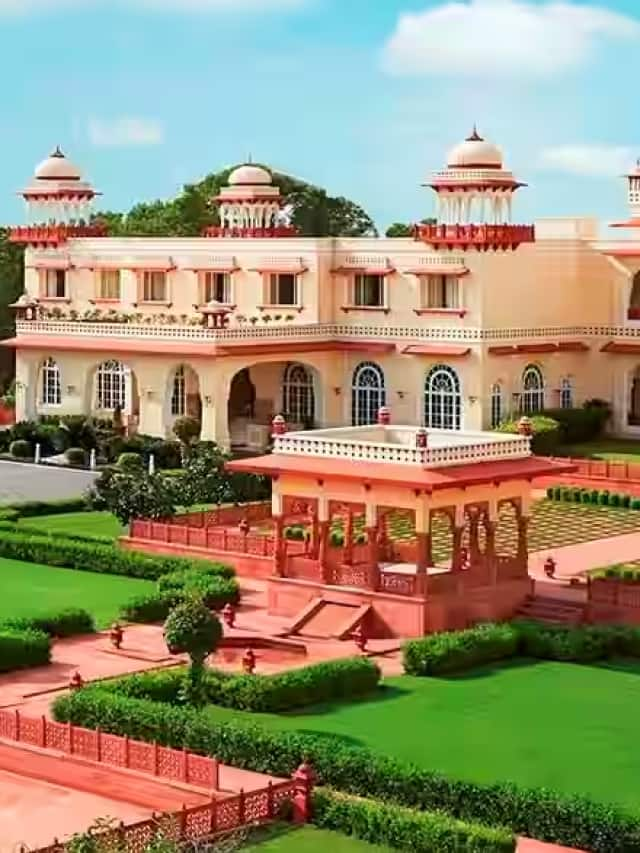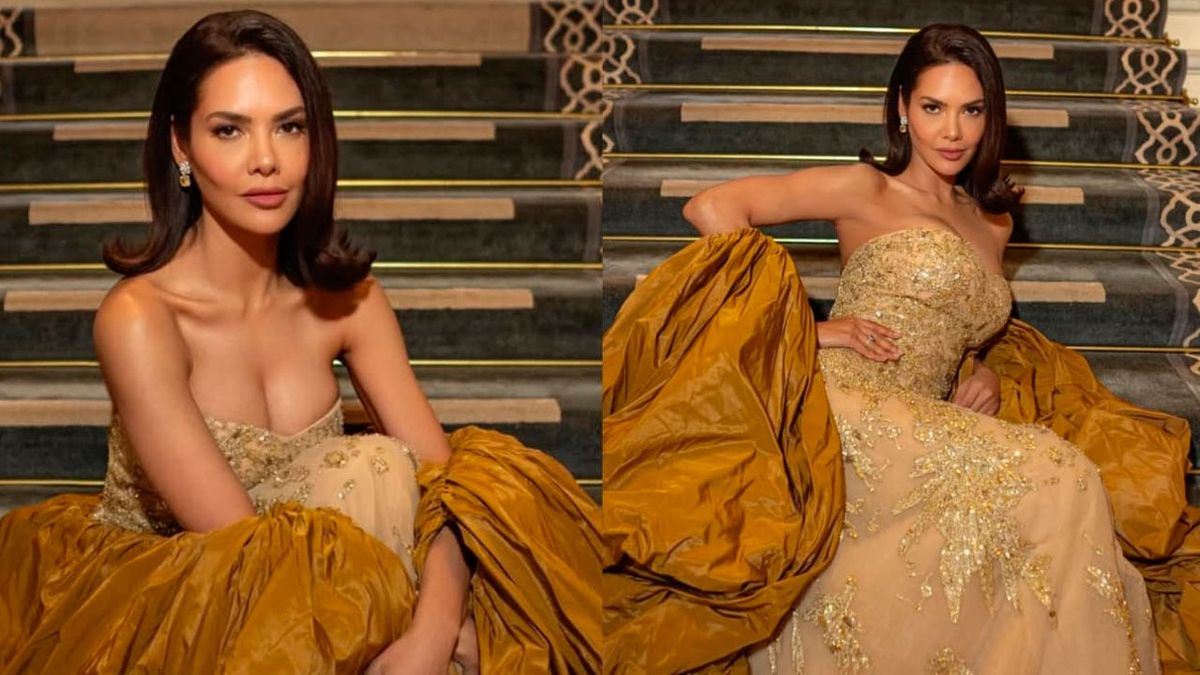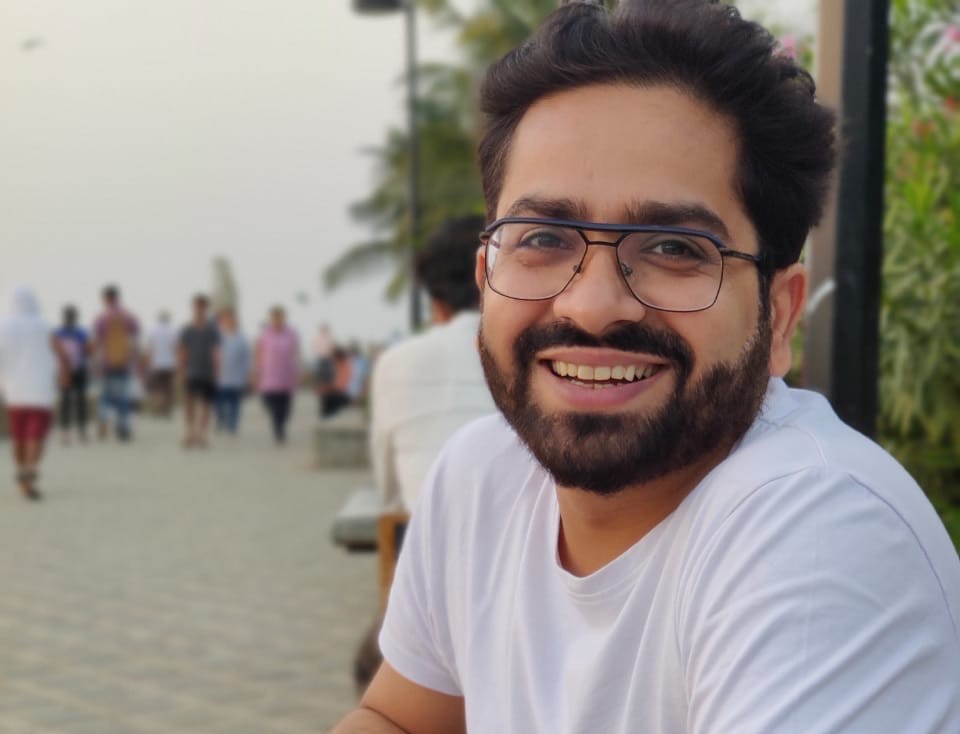
“Court Kacheri is very different from a regular courtroom drama” – Puneet Batra
Puneet Batra was pursuing a stable career in the IT sector when he decided to quit everything and follow his heart. Puneet wanted to write and act and that’s what he does for a living today. After co-writing popular shows for TVF like ‘Flames’, and ‘Kota Factory’, Puneet has now co-written ‘Court Kacheri’, a new show by the production house that starts streaming on SonyLIV from September 13. Apart from being one of the writers on the show, Puneet also plays one of the key characters in the film.
In this interview, Puneet talks about ‘Court Kacheri’, the importance of the written material, the kind of struggle a writer goes through, what makes shows produced by TVF stand out, working with Arunabh Kumar and more.
Along with you, ‘Court Kacheri’ has been written by Anurag Ramesh Shukla, Akshay Anand Kohli and Anurag Jha. How long did it take for the team to put the script for the five episodes together?
It took us ten months to lock the shooting draft. Nobody from the writing team has been a lawyer. Therefore, we had to spend some time doing research. We didn’t want to write something random based on the kind of things we had seen in films. We did extensive research for one month. We visited different courts in Delhi including the Katrkaedorma Ciort, Teez Hazari Court. We also went to the Surajpur court near Ghaziabad which was a smaller court, similar to the one you will see in the show. We met a lawyer in the Teez Hazari Court called Tushar. He was kind enough to accept our request to help us on the show. We got in him on-board to ensure we didn’t go wrong with the terms and information. Whenever we explore a new world, we try to represent it in the most authentic manner. Doing that takes a fair bit of time.
Who came up with the idea for the show?
Arunabh (Kumar) wanted to make a show on lawyers and their world. For me, it was very interesting to be a part of a project like this. I have been aware of the perception of lawyers in the society and felt very disturbed by it. Growing up, we often heard people around us saying, “vakeelon ke kaale coat aur doctoron ke safed coat se door rehna chahiye”. The judiciary is the third pillar of our society. However, most people like to maintain a distance from lawyers. People don’t want to rent out their houses to lawyers. Banks feel reluctant about providing them with credit cards. Through this show, we wanted to show how they deal with some of the situations in their lives.
A lot of first-generation lawyers want their sons or daughters to pursue the same profession and take their legacy forward. While doing research for the show, we met a lawyer who said that his son refused to follow his father’s footsteps and said, “jhooth ki kamaai ka dhandha nahin karna”. ‘Court Kacheri’ is very different from a regular courtroom drama. It shows courts from a different lens. It shows the relationship between a father and a son. The father, who is a very successful lawyer, wants his son to become a lawyer like him but the son has different plans.
In the show, Param Mathur, the protagonist played by Ashish Verma, does not want to become a lawyer. You left behind a career in engineering and decided to work in the entertainment industry as a writer and actor. Could you relate to Param because of this?
Not really! (laughs) Sometimes, I feel, artists romanticize their work too much. At times, we give too much importance to the work we create. The more I explore different worlds as a writer, the more I feel humbled. The life of a doctor or an engineer is as tough as that of an actor or a writer. I believe people relate to emotions more than the story. Whether you are an actor or a lawyer, rejection will affect you in a similar manner. That feeling is the same for everyone. As a writer, I focus on emotions while writing a script.
You have been working with TVF for a while. How has been your experience of working with Arunabh Kumar?
When we were trying to crack the story in the initial level, Anubhav was a part of all the discussions we had. As I said earlier, the initial thought of making a show on lawyers came from him. Our protagonist wants to run away from this world of law and lawyers owing to its perception in the society. We made a writers’ room.
Working with TVF has been a wonderful experience. It has a strong culture. We narrate the script many times. That helps us get a lot of valuable feedback. Each of us, who was a part of the writing room, would sit together and write. We would keep motivating each other. There would also be arguments. There have been times when we have not spoken to each other for days (laughs). We are happy with the final product. I am quite confident that this is a show that will touch the hearts of the audience.
Writing has played an important role in the success of most shows produced by TVF.
To make a good product, everybody has to work hard. Every department has to contribute. As far as writing is concerned, it is important as it gives you a base. Nothing moves ahead without a script. Writing is a lonely process. It is also an iterative process. Making a film or a show is team work. No one person or department can be called the champion.
Writing can be frustrating at times. There have been days when I open Final Draft (writing software) and struggle to write the first line. Sometimes, I take days to just start the writing process. There are also occasions when you get stuck for days in the middle of writing a script. The process of rewriting, too, is very challenging. I feel nobody understands the world of a show or a film better than the writer. I immensely enjoy the process of exploring different worlds as a writer.
What are you doing next?
I am working on two shows. Both of them are in the scripting stage at the moment. It will take a while for them to come out.
Publisher: Source link
